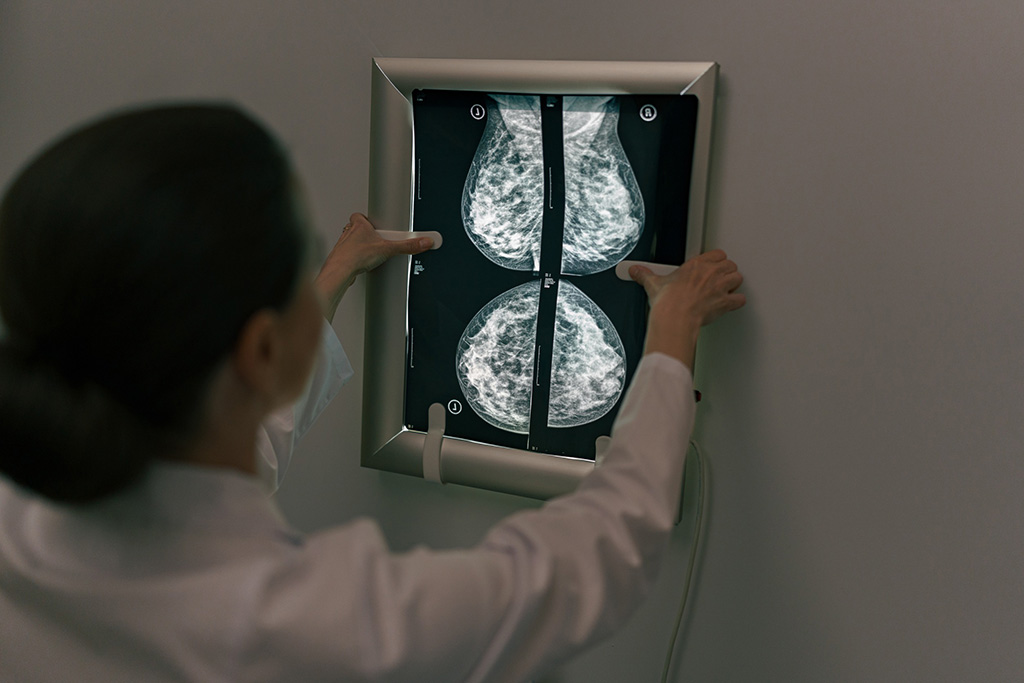MRI Screen-Detected Breast Cancers Are Mostly Invasive
Posted on 26 Sep 2023
Annual breast MRI screening is advised for patients with a lifetime breast cancer risk exceeding 20%. There exists robust data about the features of mammographic screen-detected breast cancers, although there is less information about MRI-screen-detected cancers. Now, new research has found that MRI screen-detected breast cancers are most often invasive.
A team of researchers at Johns Hopkins University (Baltimore, MD, USA) has discovered that invasive cancers detected by MRI usually appear as a mass. They also noted that ductal carcinoma in situ (DCIS), a non-invasive cancer, tends to show up as non-mass enhancement. The study involved analyzing the clinical results and imaging characteristics of 50 breast cancers found in 47 women through MRI screening from 2016 to 2022.

The researchers found that of the 50 MRI-detected breast cancers in these 47 women, a significant number were invasive, accounting for 64% of the cases. The vast majority of patients, 91%, were diagnosed with stage 0 or 1 disease. Regarding how these cancers appeared on MRI, 50% were seen as masses, 48% showed up as non-mass enhancement, and the remaining 2% were identified as a focus. The study confirmed that cancers found through MRI screening are mainly invasive but also highlighted that these cancers generally have an excellent prognosis based on the study sample. The most common form of invasive cancer appeared as a mass. These insights could help medical professionals better interpret MRI results and improve the diagnostic accuracy of these screenings.
Related Links:
Johns Hopkins University










 Guided Devices.jpg)



